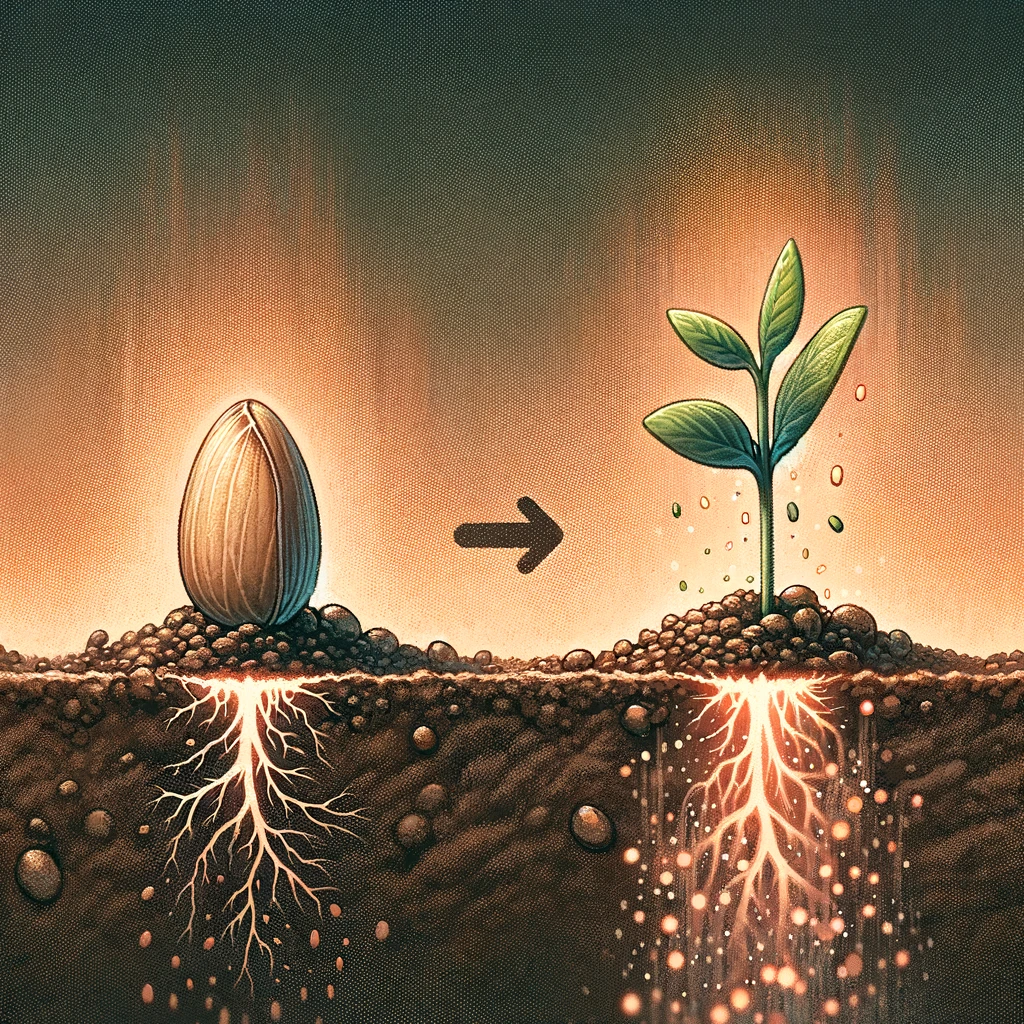Thereafter
Definition
Thereafter refers to the period of time that follows a specific event or moment.
Parts of Speech
- Adverb
Pronunciation
American English
- IPA Pronunciation: /ˌðɛrˈæftər/
- Respelling: ther-AF-ter (with "ther" as in "there," "AF" as in "after," and "ter" as in "water")
British English
- IPA Pronunciation: /ˌðɛərˈɑːftə/
- Respelling: thair-AAF-tuh (with "thair" as in "air," "AAF" as in "laugh," and "tuh" as in "butter")
In both dialects, "thereafter" is pronounced with the primary stress on the second syllable, "AF" in American English and "AAF" in British English. The pronunciation differences mainly lie in the vowel sounds and the pronunciation of the final "r," which is more pronounced in American English.
Etymology
The term "thereafter" is derived from the Middle English word "ther-after," which is a combination of "there" (from Old English "þǣr") and "after" (from Old English "æfter").
Derivatives
- Hereafter
- Whereafter
- Thereafterward (rare)
- Beforehand (antonymous in nature)
- Afterward
Synonyms
- Afterwards
- Subsequently
- Later
Antonyms
- Previously
- Before
- Prior
Usage
- "Thereafter" is commonly used to signify events or actions that occur following a specified point in time. It provides temporal clarity, especially in narrative or descriptive contexts.
Related Terms
- After
- Following
- Sequential
Detailed Definition
Adverb
- Following in Time or Order: Indicating the time after a particular point or event has taken place.
- Example: He graduated in 1990; thereafter, he traveled across Europe.
- Subsequent: As a consequence or result of a previous action or event.
- Example: The treaty was signed, and peace was established thereafter.
thereafter



🇨🇳 Mandarin
- 之后 (zhīhòu): thereafter, afterwards
- IPA: /ʈ͡ʂʐ̩˥˩ xou˥˩/
- Respelling: zhr-hoh
🇮🇳 Hindi
- उसके बाद (uskē bād): after that, thereafter
- IPA: /ʊs.ke baːd/
- Respelling: us-ke baad
🇪🇸 Spanish
- Después: afterwards, thereafter
- IPA: /desˈpwes/
- Respelling: des-pwes
🇫🇷 French
- Par la suite: afterwards, thereafter
- IPA: /paʁ la sɥit/
- Respelling: par lah swee
🇸🇦 Modern Standard Arabic
- بعد ذلك (baʿd dhalik): thereafter, after that
- IPA: /baʕd ðaːlik/
- Respelling: bahd dhah-leek
🇧🇩 Bengali
- তারপর (tārpor): afterwards, thereafter
- IPA: /t̪arpor/
- Respelling: taar-por
🇷🇺 Russian
- После этого (Posle etogo): after that, thereafter
- IPA: /ˈpos.lʲɪ ˈɛ.tə.vo/
- Respelling: pos-lye eh-toh-vo
🇵🇹 Portuguese
- Depois disso: after that, thereafter
- IPA: /dɨˈpojʃ ˈdisu/
- Respelling: deh-poish dees-soo
🇮🇩 Indonesian
- Setelah itu: after that, thereafter
- IPA: /səˈtəlah ˈitu/
- Respelling: seh-tuh-lah ee-too
🇩🇪 German
- Danach: afterwards, thereafter
- IPA: /ˈdaː.nax/
- Respelling: dah-nahkh
🇯🇵 Japanese
- その後 (sono go): afterwards, thereafter
- IPA: /sono ɡo/
- Respelling: so-no go
🇻🇳 Vietnamese
- Sau đó: after that, thereafter
- IPA: /saw ɗɔ˧˧/
- Respelling: sow do
🇰🇷 Korean
- 그 후에 (geu hue): afterwards, thereafter
- IPA: /k͈ʌɾ hu.e/
- Respelling: geu hoo-eh
🇹🇷 Turkish
- Bundan sonra: after this, thereafter
- IPA: /bundan sondra/
- Respelling: boon-dan son-dra
🇵🇰 Urdu
- اس کے بعد (is ke baad): after that, thereafter
- IPA: /ɪs ke baːd/
- Respelling: is ke baad





